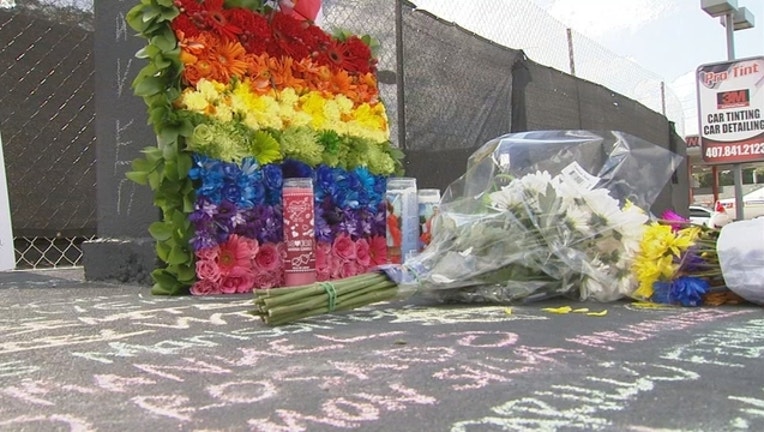Justice Dept. wants Pulse 911 case kept in federal court

ORLANDO, Fla. (AP) - The U.S. Department of Justice on Friday appealed a ruling involving whether hundreds of 911 calls recorded during a massacre at a gay nightclub in Florida can be released.
In its filing, the Justice Department said that it was appealing U.S. District Judge Paul Byron's ruling last week that the federal court lacks jurisdiction and the matter should be handled in state court. Assistant U.S. Attorney Sean Flynn said he will ask for an order halting any further proceedings until the federal appeals court in Atlanta has ruled.
During a hearing in state court on Friday, a Florida judge indicated that the recordings wouldn't be made public anytime soon because of the need to hold hearings on various legal questions.
The Justice Department appeal was the latest twist in the fight between news media groups, the city of Orlando and the Department of Justice over the release of hundreds of 911 calls, as well as communications between gunman Omar Mateen and the Orlando Police Department on the night of the June shooting. Mateen died after being shot as SWAT team members breached a club wall and rescued patrons following a more-than-three-hour standoff.
The media groups, including The Associated Press, say the recordings' release will help the public evaluate the police response, but the city claims the recordings are exempt under Florida's public records law, and that the FBI insists releasing them may disrupt the investigation. Mateen opened fire at the nightclub in a rampage that left 49 people dead and 53 hospitalized in the worst mass shooting in modern U.S. history.
Earlier this week, the city released nine of the hundreds of 911 calls, but none came from patrons trapped inside the club.
Circuit Judge Margaret Schreiber on Friday requested three hearings on the legal fight, all of them for later in the month. At the first hearing, the judge will consider whether to dismiss a complaint filed by the city of Orlando against the media groups.
The second hearing will look at whether the 911 calls, and the communications with Mateen, fall under any exemptions to Florida's public record laws because they are part of an active criminal investigation or contain criminal intelligence. The judge asked attorneys for the city to determine how many exempted calls there are and what the reasons are for not releasing them.
A third hearing, yet to be scheduled, will answer whether any of the calls would be exempted because they record the killing of a person. Under Florida law, those are exempt from being made public without a court order.
Darryl Bloodsworth, an attorney representing the city, described the calls as "disturbing" and said the family members of the victims should have a say before a decision is made about their release.
The media groups filed a complaint in state court about 10 days after the shooting, seeking the release of the recordings. Less than an hour later, the city filed a complaint in state court, asking that the recordings be declared exempt from public records law.
In a legal maneuver, the city filed an amended lawsuit, naming the U.S. Department of Justice as a defendant, and DOJ attorneys moved for the case to be transferred to federal court, where Florida's Public Records Act isn't applicable. The federal judge sent it back to state court.
An attorney for the media groups, Rachel Fugate, said the legal maneuvering had caused delays in moving the case forward.
"It's sad because usually those things are done within a matter of weeks," Fugate said.

